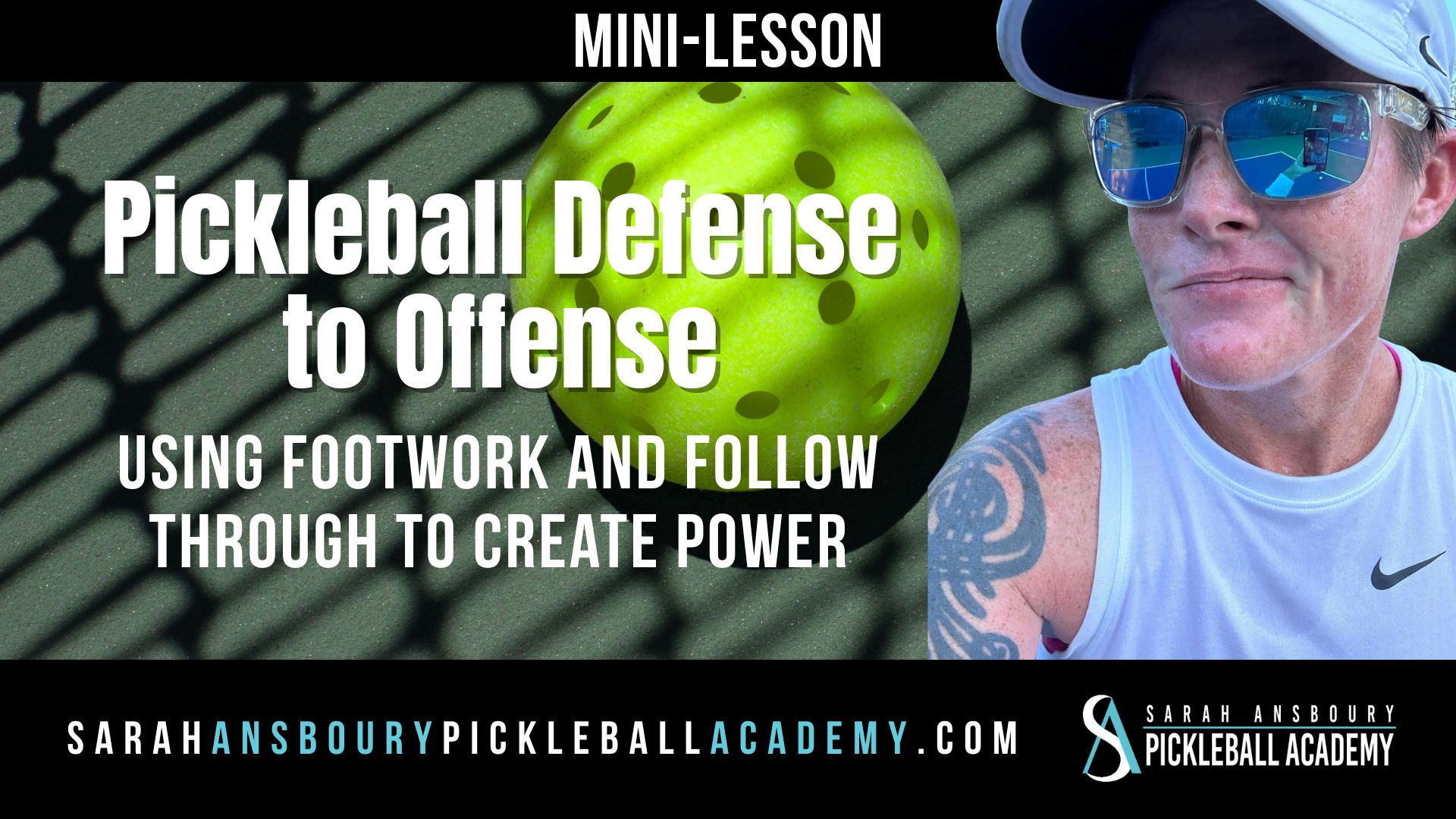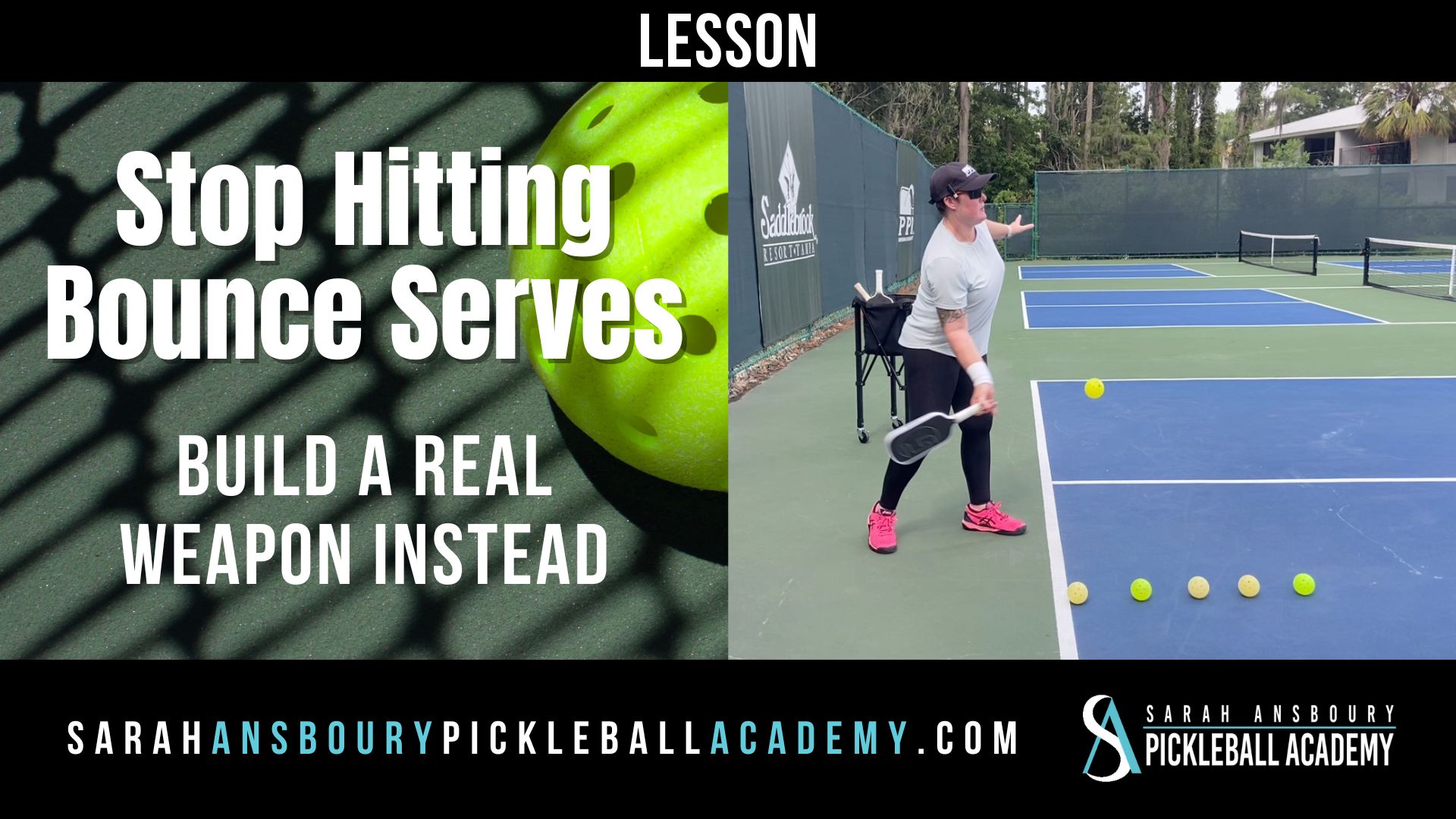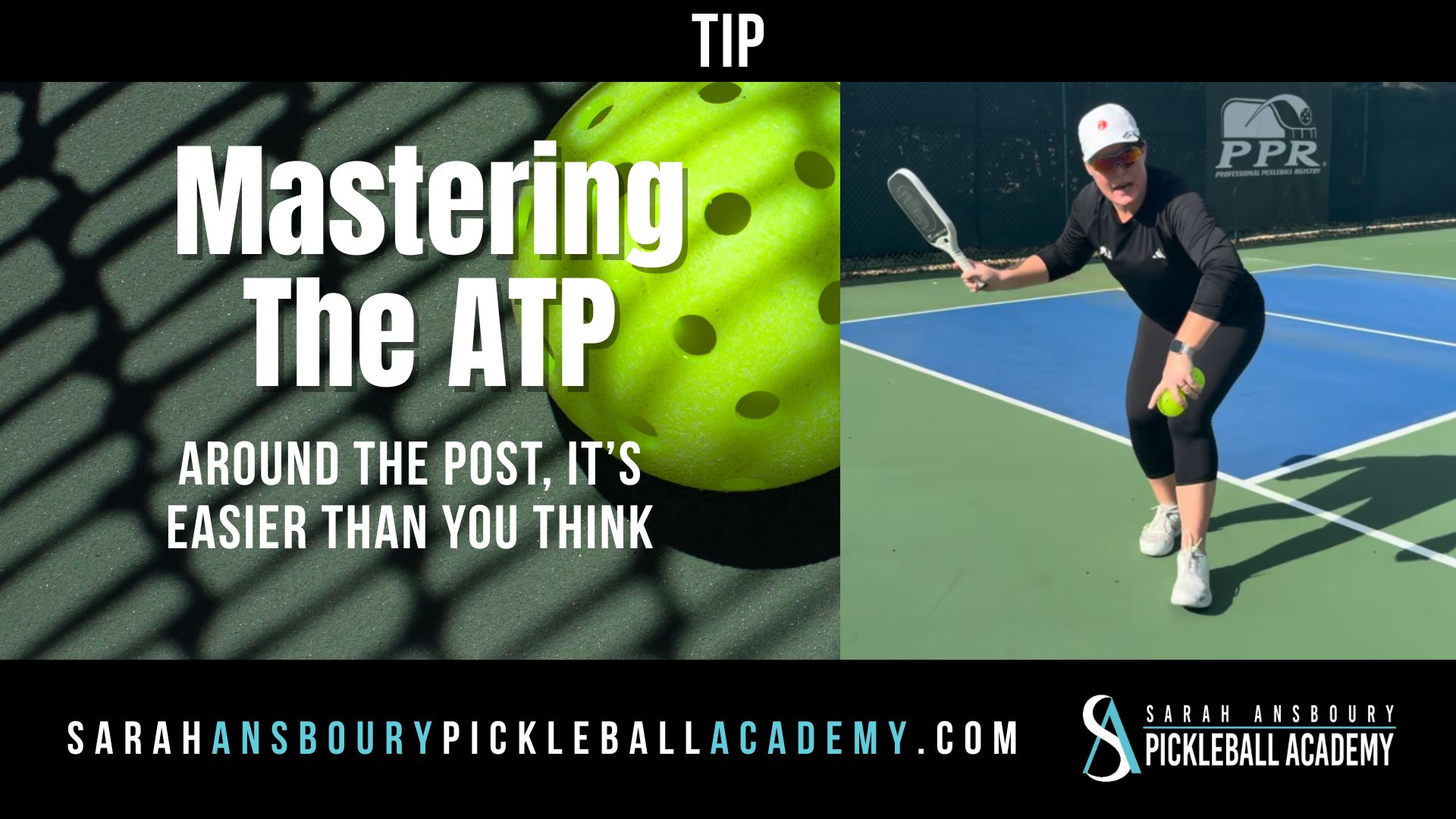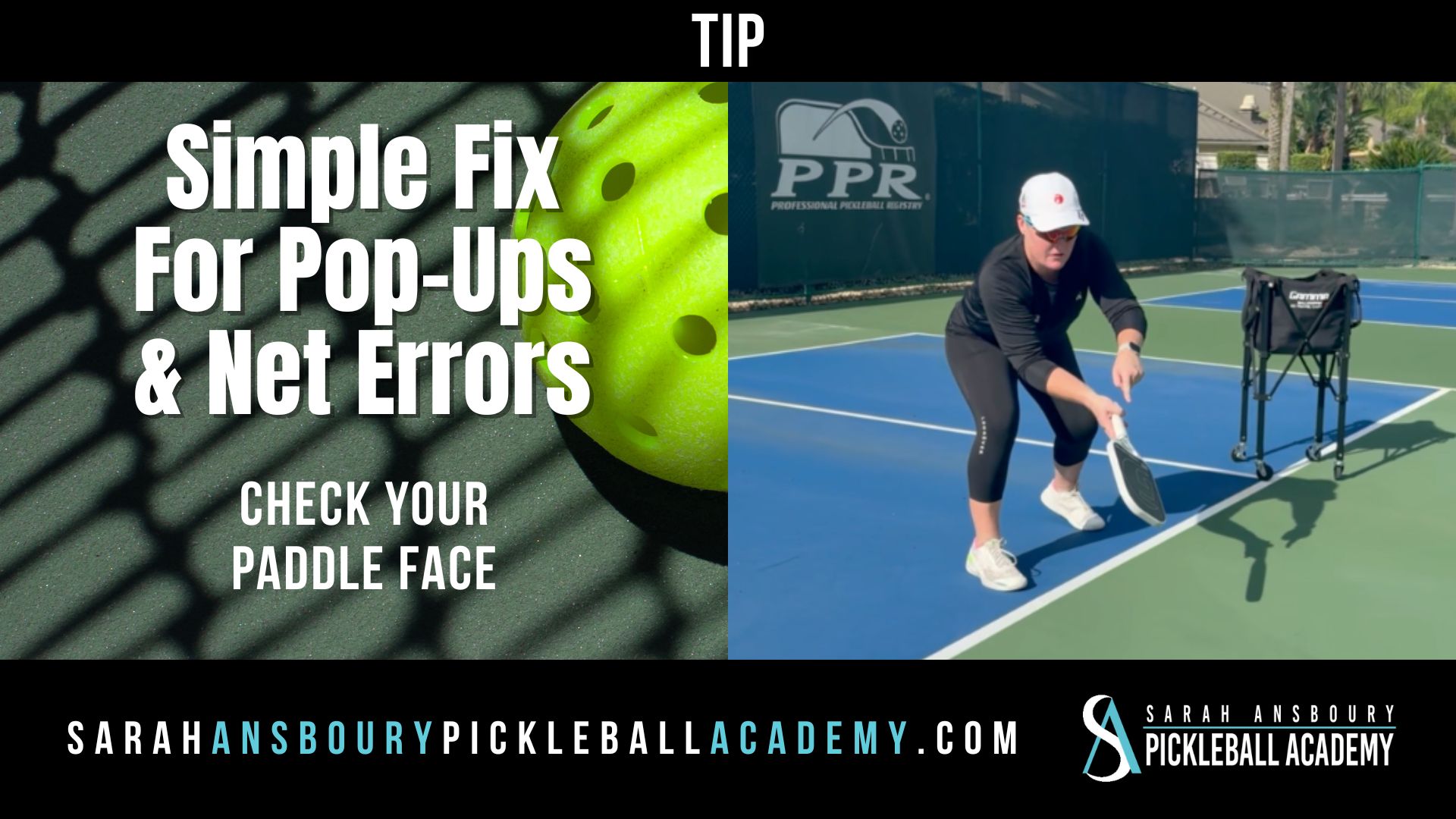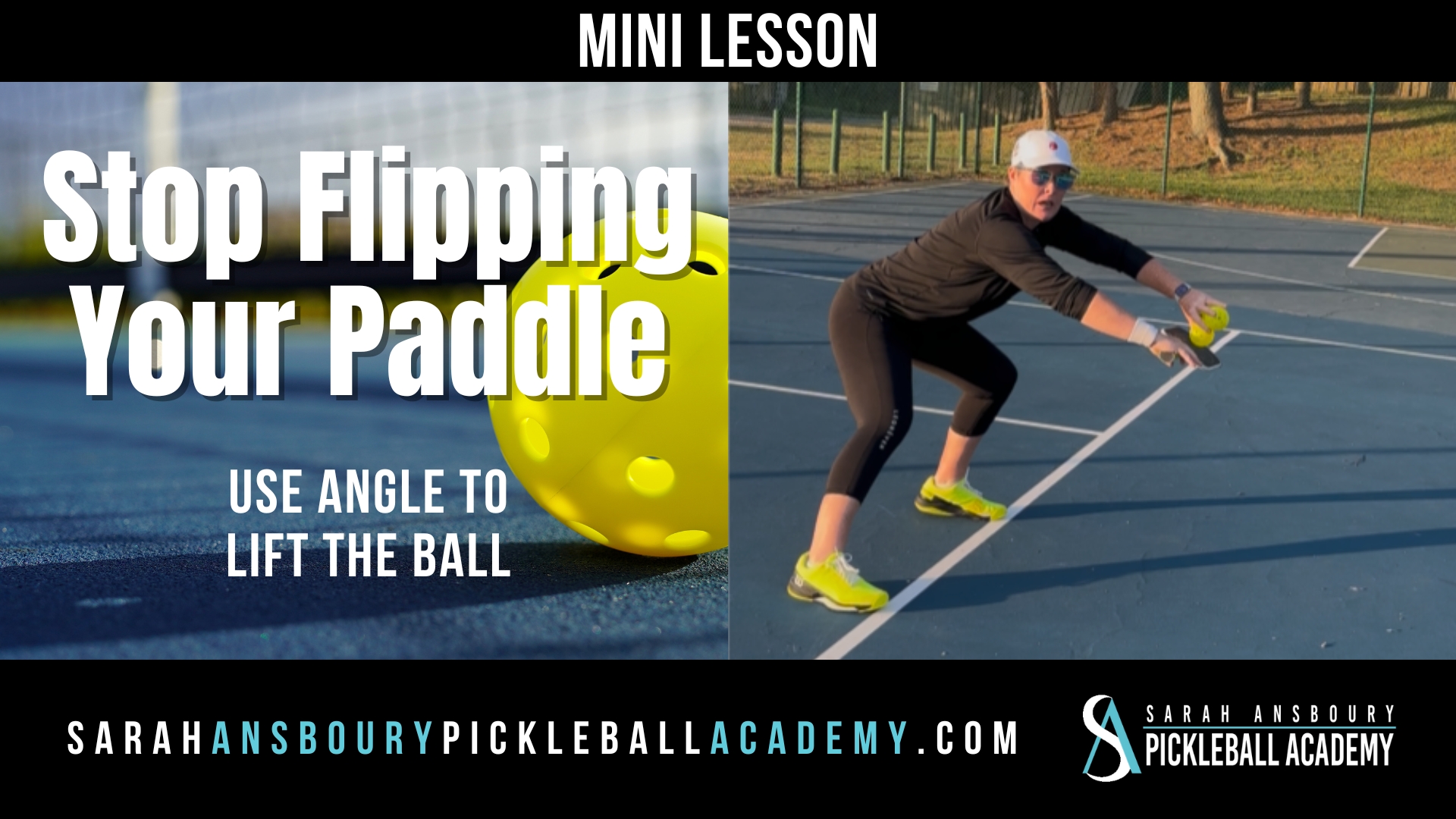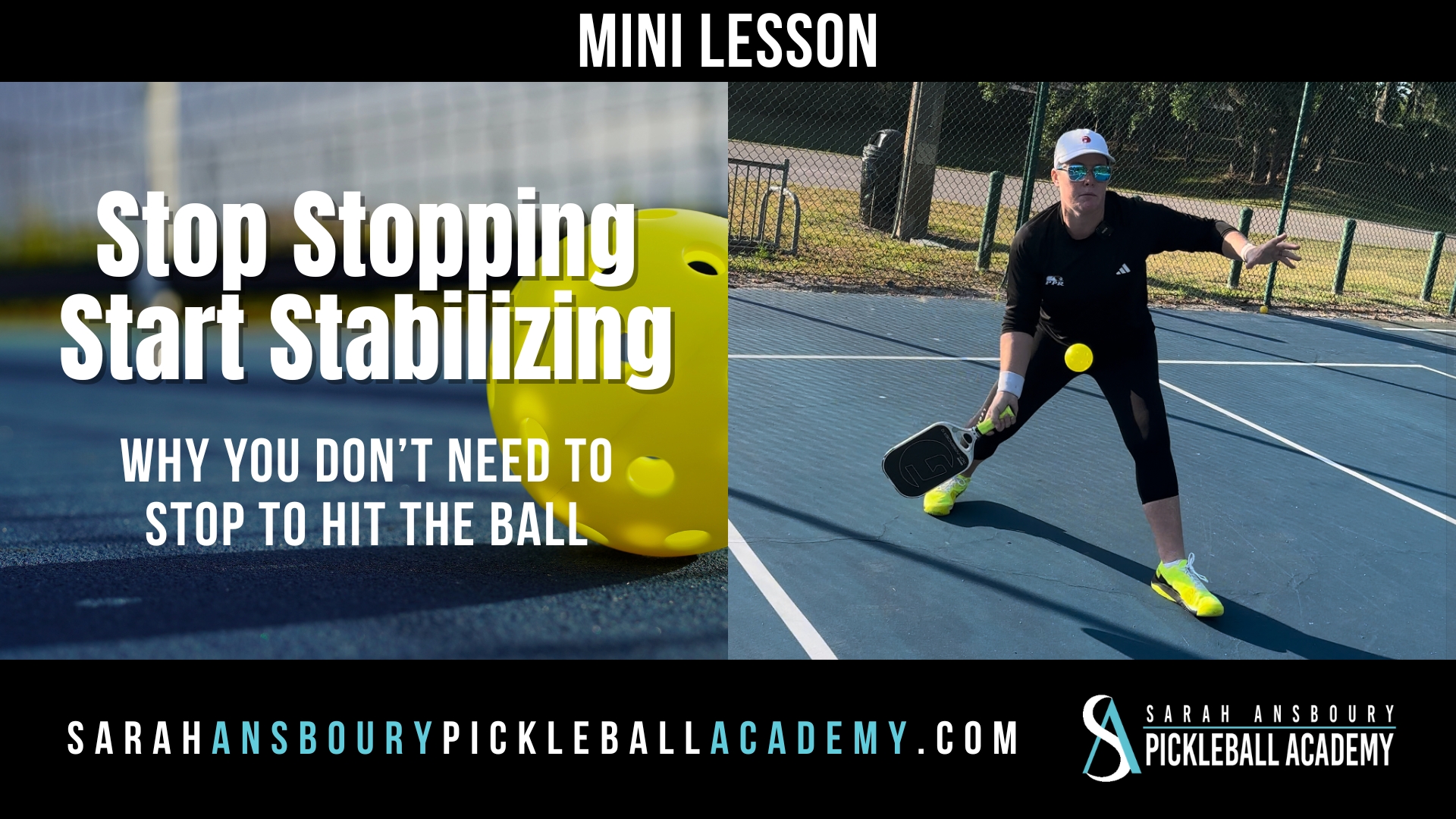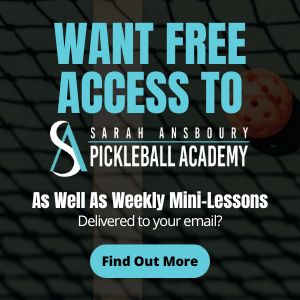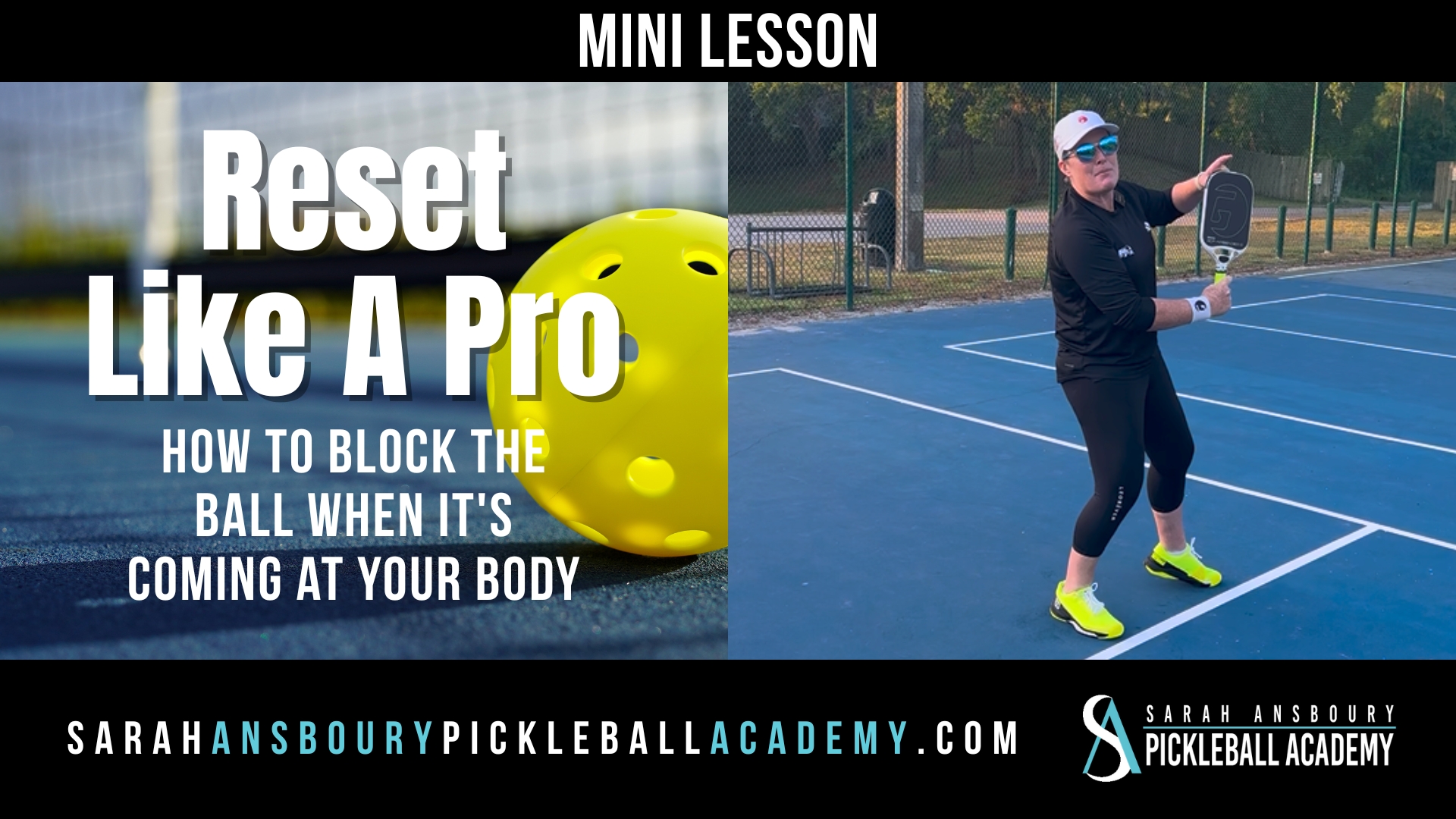I have written before about why partner communication was so important. But there are effective ways to communicate and less effective ways. Today we take the topic, one step further.
Why we Communicate
Partner communication focuses our mind on just one task. It allows us to make a conscious, positive choice, rather than simply reacting at the moment. It also ensures we are breathing, and helps us get to the ball faster. Perhaps most helpful is the fact that it keeps our mind in the present, rather than thinking about what happened 2 minutes ago.
There are many, many reasons you want to learn to communicate with your partner. Now let’s talk about how to do it most effectively.
Keep it Short
If you listen to me when I play, you will hear me provide very short instructions. “You”, “Me”, “Get it”. Frankly, we seldom have time during a point to say a lot more.
Timing is Everything
When you practice partner communication, I want you to focus on saying the word(s) as early as possible. Ideally, this will be BEFORE the ball crosses the net. It is very distracting when your partner says “Yours” just as you are about to make contact with the ball.
Trust
Trusting your partner is key to effective partner communication. Don’t crowd your partner or raise your paddle if you have asked him or her to hit the ball. When someone does that next to me, I might lose focus or flinch and as a result not hit the shot I intended.
When Your Partner is Hitting the Ball
Most importantly, remember you have a job even when your partner is taking the shot. Your responsibilities did not end when you said “yours”. I know when my partner calls it, my job is to track the ball with my paddle and to look for the next shot. I focus on keeping my paddle and my weight forward. Too many players seem to take a break when their partner is hitting the ball.
Practice Partner Communication
Partner communication is a skill you have to work on. I realize for many players it is hard. But force yourself to practice during rec. play. I will often tell the person I am playing with, “Look, I’m going to talk a lot.” So, don’t be shy. Practice partner communication…it is certain to help your game.
Do you want to be the best pickleball partner you can be?

